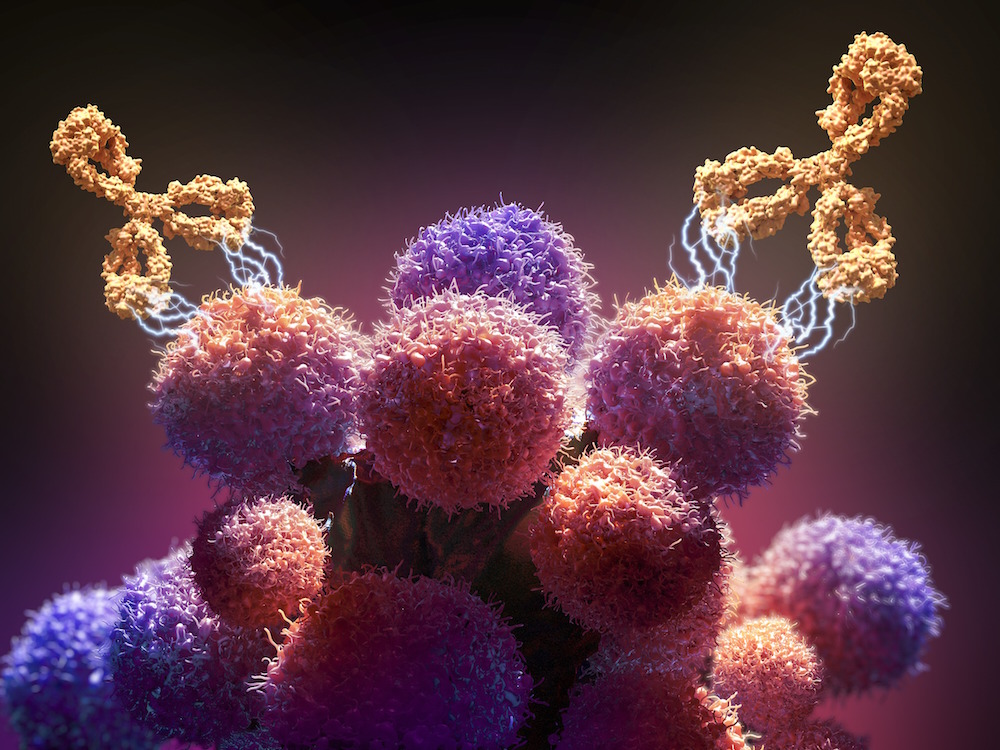Monoclonal antibody therapeutics are recombinant antibodies that bind to specific antigens or tumor antigens. They have revolutionized cancer treatment by targeting molecular structures essential for cancer growth and progression. Monoclonal antibodies inhibit the growth and spread of cancer cells by blocking the activity of target antigens, while sparing normal cells. They can be directly cytotoxic to cancer cells or recruit the body’s immune system to attack tumor cells. With increasing cancer burden worldwide, monoclonal antibody therapeutics represent a major breakthrough in customized cancer management.
The global Monoclonal Antibody Therapeutics Market is estimated to be valued at US$ 72.59 Bn in 2023 and is expected to exhibit a CAGR of 7.1% over the forecast period 2023 to 2030, as highlighted in a new report published by Coherent Market Insights.
Market key trends:
One of the key trends in the monoclonal antibody therapeutics market is the emergence of bispecific antibodies. Bispecific antibodies have specificity for two different antigens or epitopes. They concurrently bind two different targets, resulting in enhanced anti-tumor activity and improved therapeutic index compared to traditional monoclonal antibodies. Several bispecific antibodies are in late stages of clinical trials for various cancer types. Their potential to simultaneously block two cellular signaling pathways driving tumor growth and survival makes them promising new therapeutic agents. Companies are also developing bispecific antibodies with immune-effector cell engaging abilities to redirect T-cells or natural killer cells of the immune system to tumors. This robust mechanism of action may yield better clinical responses than conventional monoclonal antibody therapy alone.
Porter’s Analysis
Threat of new entrants: The monoclonal antibody therapeutics market requires extensive R&D and clinical trial investments posing high entry barriers for new players.
Bargaining power of buyers: The bargaining power of buyers is moderate owing to the presence of substitute therapies and need for patent protection and regulatory approvals of biologics.
Bargaining power of suppliers: A few global players control the supply of raw materials like antibody libraries, cell lines, and expression vectors providing them leverage in negotiations.
Threat of new substitutes: Targeted small molecule drugs and cell and gene therapies pose a potential threat as substitutes for monoclonal antibodies in the future.
Competitive rivalry: Competition is high among major players producing biosimilars and expanding applications into various indications.
Key Takeaways
Global Monoclonal Antibody Therapeutics Market Demand is expected to witness high growth over the forecast period. Global Monoclonal Antibody Therapeutics Market Demand is estimated to be valued at US$ 72.59 Bn in 2023 and is expected to exhibit a CAGR of 7.1% over the forecast period 2023 to 2030.
Regional analysis: North America is expected to dominate the monoclonal antibody therapeutics market during the forecast period. The growth in the region can be attributed to the presence of major market players, rising prevalence of chronic disorders, ongoing clinical trials, and new product approvals.
Key players: Key players operating in the monoclonal antibody therapeutics market are IOI Loders Croklaan, Ghana Nuts Company Ltd., and The Savannah Fruits Company.
*Note:
1. Source: Coherent Market Insights, Public sources, Desk research
2. We have leveraged AI tools to mine information and compile it




